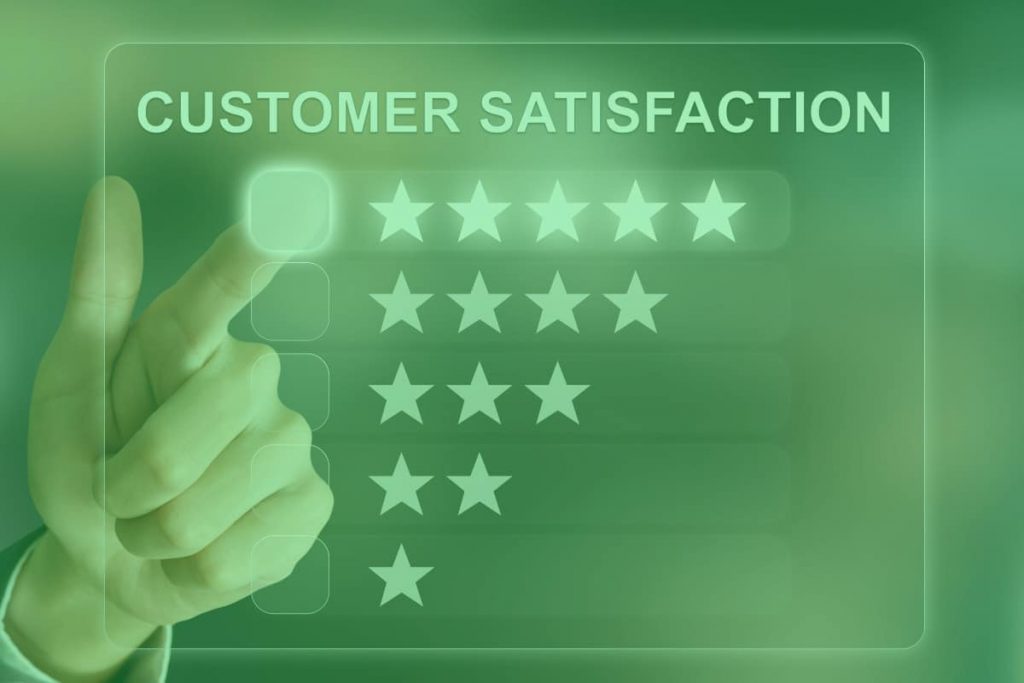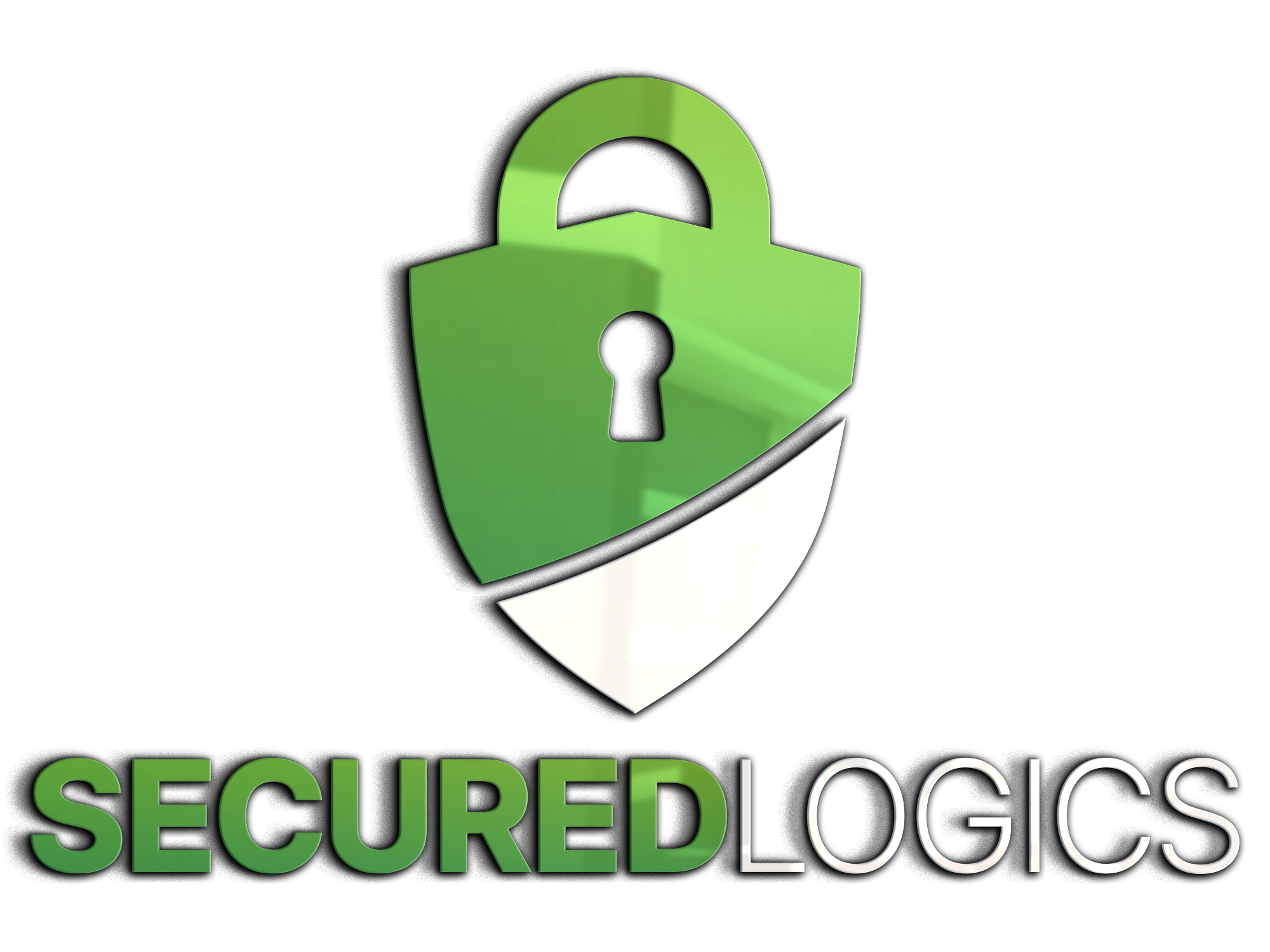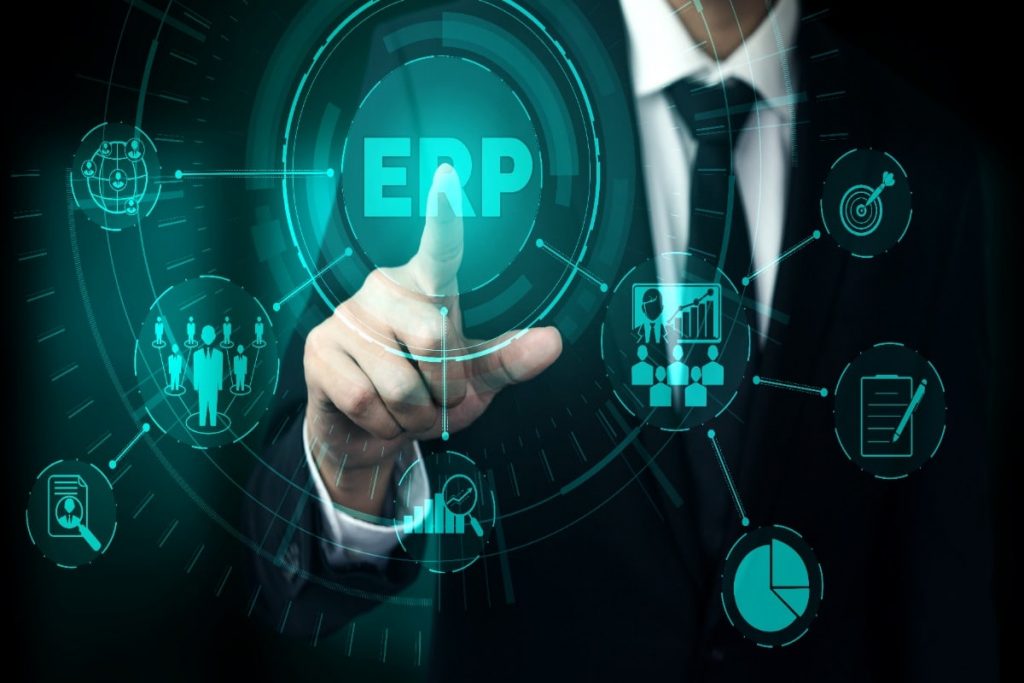While ERP systems (enterprise resource planning) may not be practical for every company, they benefit organizations across many industries. Not only do you have the benefits of a streamlined process, but you have data you can trust without the worry of misinformation from one system to another. If your business is struggling with managing data and is looking to have a single source of truth, investing in an ERP System may be exactly what your business needs. In this article, we discuss the benefits that companies can expect from using an ERP solution.
What exactly is an ERP system
An ERP system (enterprise resource planning) is software that combines a company’s key activities. Historically, these were systems primarily utilized by large, international corporations since they were expensive to maintain and required a specialized IT team to handle their implementation and maintenance. However, with the introduction of cloud ERP, smaller companies across various sectors are increasingly utilizing ERPs. Businesses are using an ERP to take their business to the next level.
Which Businesses Use ERP?
Businesses choose ERP software for a variety of reasons. One factor is how easily ERP systems are now available across almost any sector, even in specialized markets. Some ERP solutions, for example, cater to the unique demands of retail establishments, while others serve the needs of healthcare institutions, and yet others suit the needs of oil and gas companies, and so on. Today, nearly any business may find a solution to meet their business demands.
Managing Your Company with a Single System
One of the single most essential advantages of an ERP system is handling many key business areas with a single system. For example, consider the case of a manufacturing ERP system. A typical manufacturing ERP system structure comprises the following key functional categories:
- Financials
- Human Capital
- Manufacturing administration
- Inventory control
- Purchasing administration
- Quality control
- Management of sales
If your company does not use an enterprise-wide solution, such as an ERP system, each function likely has its specific program. When a business has multiple systems to manage the different functions of day to day operations, it is highly likely that there will be issues to address. These are some examples:
- Errors in data
- Function or record duplication
- Inadequate visibility of the overall business
- There is a lack of communication between various parts of the business.
An ERP solution unifies these different company processes into a single system and allows them to communicate. For example, when your sales team confirms an order, your ERP system will generate a transaction for the finance department, a work order for the production floor, an inventory change, and a notification to the buying department to refill the required stock. If your organization uses a single record system to handle its information and operations, all functional areas may make choices and take actions based on the same set of facts.
Upgrade Friendly ERP Systems
Technology evolves at a rapid pace, making older enterprise systems unable to support the growth of a business. Furthermore, the expense of upgrading an aging system’s code can soon add up. Companies eventually realize that keeping an outdated system in place makes no sense. Instead, it is more feasible and cost-effective to transition to a modern, integrated solution.
Modern software systems support machine learning, data analytics, and other cutting-edge capabilities. These cutting-edge technologies are capable of analyzing trends and patterns and allowing businesses to make better decisions and stay competitive in their industry. Businesses must employ contemporary technology to remain competitive and position themselves for development. They require technologies that enable them to be adaptable and expand their business.
ERP systems provide growth with flexibility, adaptability, and scalability. More importantly, one of the advantages of an enterprise resource planning system is that it may offer you an advantage in managing your customers, partners, and suppliers. With a modern ERP system, you will be able to fulfill the most current reporting standards quickly. For example, with an ERP system’s e-commerce module, your consumers will have a more smooth experience, such as one-click online ordering. Among other advantages, completely automated electronic data exchange (EDI) may make your supply ordering foolproof.
ERP Systems Help to Simplify Business Processes
Companies must evaluate – or reassess – their business processes and workflows when selecting and deploying an ERP system. It’s an excellent time to evaluate what makes sense, what works, what’s essential, and what might be improved. By using an ERP system, your company may improve its business processes’ speed, efficiency, and accuracy. One of the advantages of adopting an ERP system is that it enhances your organization’s efficiency while saving time and labor expenses through automation and integration. Other benefits include the ability to fulfill the expectations of your business partners and external stakeholders, as well as the ability to keep your staff happy and productive.
ERP Systems Allow You to Better Analyze Your Company’s Data
The benefits of enterprise resource planning include altering the way you acquire and analyze data from throughout your organization, allowing your data teams an accurate insight into your whole operation. They accomplish this in two ways:
- Data access from a single repository via several devices: These solutions enable stakeholders to access cross-business data from a single source via multiple devices (including phones and tablets) and regardless of location. In addition, a single data source provides efficiency and accuracy of data analysis vs. data held in several systems. As a result, data professionals can perform studies more readily and effectively, identifying business patterns and possible concerns.
- ERP provides real-time data on company operations, resources, and task status, ensuring the data a user sees is current and relevant, which isn’t always the case with outdated systems.
Furthermore, most ERP systems today provide extensive business intelligence (BI) features or interfaces, providing businesses even more value from their data – and gaining insights into the business. However, before purchasing any more BI software, it is critical to establish how much business intelligence your organization needs and how critical it is to accomplish your business objectives.

Why Is This ERP Function Important?
Many businesses have mountains of data linked to their operations. Unfortunately, obtaining insights from your company data may be difficult and time-consuming. In addition, the data may be out of date and hence untrustworthy, and you are frequently attempting to make sense of hundreds of siloed data sets from various sections of your organization. Analyzing your company’s data is highly useful since it provides unique insights that you won’t find anywhere else, such as your busiest and slowest sales periods.
Fulfilling Customer Expectations
Your customers have high expectations. Today, many consumers demand a unified multichannel experience, such as browsing a product catalog in-store, placing an order online, receiving the item at the nearest retail shop, and repair services when needed that are convenient. Customers want consistent service regardless of the department of your organization they contact.
Therefore, businesses must ensure that their many departments connect effortlessly. At any given moment, every department has the appropriate customer information at their fingertips and can deal with a client effectively through any channel. Companies like yours frequently make modifications to satisfy these expectations. Businesses have extensively invested in technology to modify their operations and fulfill these high expectations.
How ERP Software Meets These Expectations
One of the advantages of ERP installation is that it provides a consolidated communication platform for all departments. It provides staff with a comprehensive picture of all client communications, from the initial point of contact to the most current. When a client phones in to fix a technical issue or acquire more services, the employee can quickly examine the customer’s past interactions to see the customer’s transaction history, preferences, service history, and more. Consequently, staff can deliver more efficient and customized service to satisfy the high expectations of customers.

Find the Best ERP Solution For Your Business
Most businesses will discover that acquiring and installing an ERP system across the firm is a significant expenditure. Therefore, you should choose your company’s solution not only on factors specific to your industry, but also the level of service and support you receive. At AppliedPath, we understand what companies need and expect from an ERP solution. Our deep understanding of business processes, combined with our Cloud Hosting and IT Support, puts us in a unique position to not only build, but also deliver and maintain an ERP solution that will benefit your company. If you are ready to grow and streamline your business, Contact us today at 855-326-9020 to discuss an Epicor P21 implementation, custom development, integrations, or anything ERP-related.

